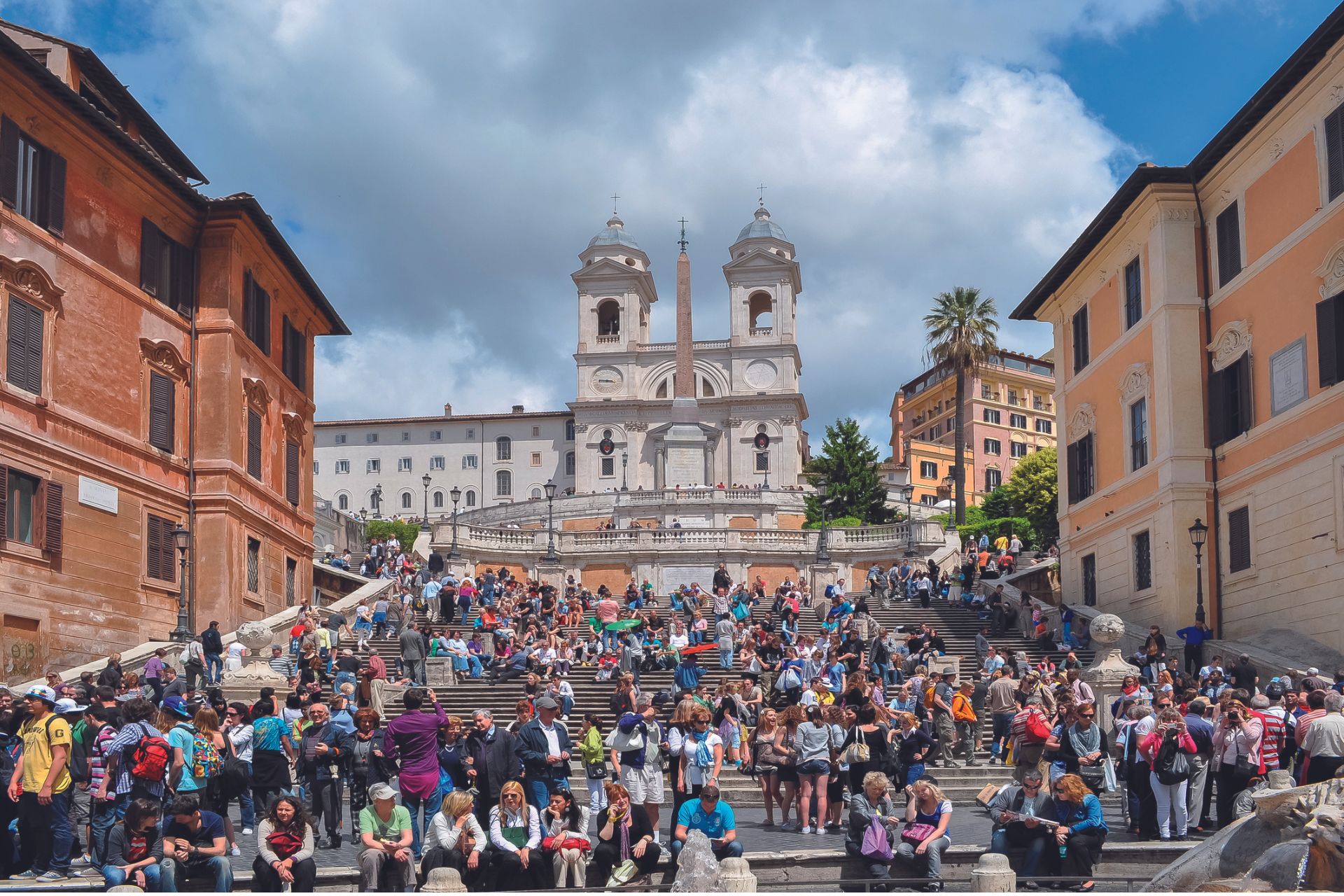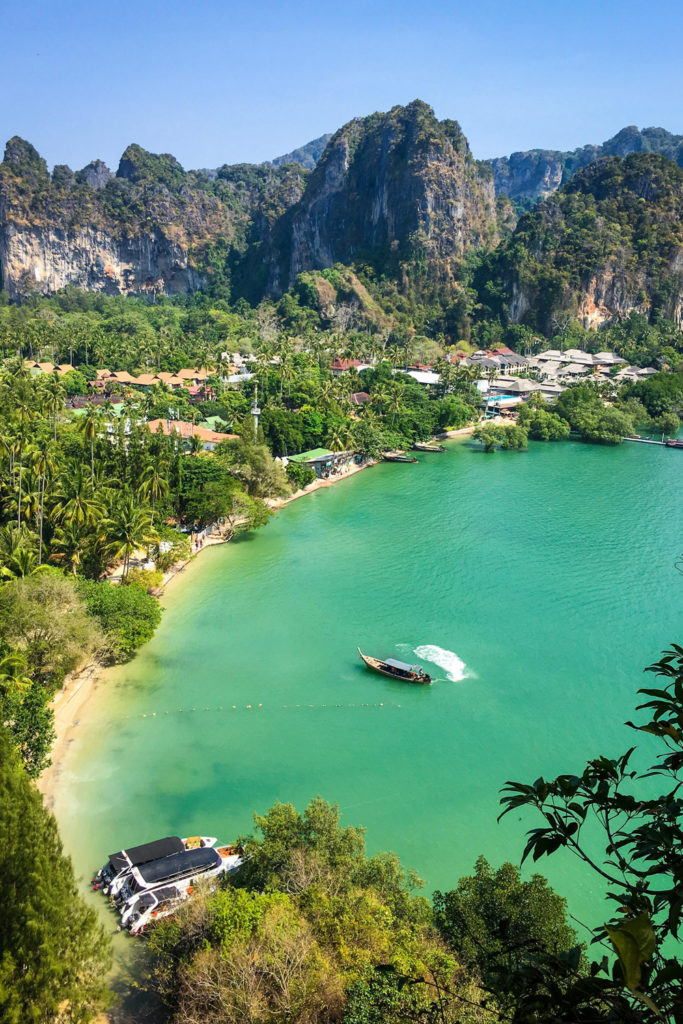Is The Age Of Overtourism Finally Over?
By
11 months ago
How to travel with the planet in mind

Francisca Kellett looks back on a recent trip to Rome, asking whether we’ve finally left overtourism behind.
Read the C&TH Responsible Tourism Guide
From Destination Dupes To Mindful Travel: How We Can Combat Overtourism
The last time I went to Rome, I got smacked in the face at the Vatican. I hadn’t done anything wrong. This was not a matter of moral outrage or religious fervour. But I had committed a tourism crime: I’d visited Rome in early summer. Peak season, when the pavements are clogged, the sites thronged, the restaurants packed to the carbonara-scented rafters. It was the worst possible time to go, and entirely my fault that I got whacked around the head with a selfie stick.
Rome, like so many holiday hotspots, is suffering from too much love. Too many visitors, too many cheap flights, too many short-let holiday rentals. Overtourism, in other words, when a destination is so overwhelmed by visitors that it makes both the lives of residents and the experience for travellers pretty miserable. Paris will be undergoing just that this summer, with around 16 million visitors streaming in for the Olympic and Paralympic Games. Compare that to the 9.9 million they had in total from June to August last year. The games might be fun, but getting around the city? Or into a restaurant? Or, indeed, living there day to day? Pretty miserable.

Tourism, in its starkest, most unsustainable form, is only about growth. A ‘successful’ year means an increase in visitors – never mind if those visitors are disgorged in their thousands from a cruise ship, there for a few hours, spending no money locally or connecting in any meaningful way with a destination. Too often, the results are overloaded infrastructure, overused transport systems, rising house prices and, ultimately, a breakdown in local communities. Add to that the degradation of the environment – from pollution to the damage of historical sites – and you’ve got a perfect storm: disaffected, pissed-off communities, and tourists destroying the very places they’ve come to enjoy.
But it’s not all bleak. ‘I feel like perhaps we’ve passed peak overtourism,’ Thomas Power, the founder of B Corp-certified Pura Aventura, tells me. ‘Overtourism is being actively discussed, policies being implemented and action being taken.’ Barcelona, for example, where an influx of 20 million visitors in 2019 started pushing out the city’s 1.6 million residents, has banned new luxury hotels, introduced licences for AirBnB landlords, increased tourist taxes, and limited the number of docking cruise ships.
Venice, where UNESCO warned that overtourism is causing ‘irreversible damage’, has banned large cruise ships and now charges day trippers €5 on select days. Rome has brought in hefty fines for bad tourist behaviour, and the Vatican has banned selfie sticks – which is a relief. Really, though, limiting overtourism is down to us. Visiting off-season is the obvious one. I’ve had glorious breaks in the last year doing just that: Ibiza in October, and the South of France in May. In both, the weather was balmy, the restaurants quiet and the locals happy to see me.
Avoiding obvious destinations is the other, something that Original Travel is pushing. ‘It’s about visiting the undiscovered corners of the classics,’ Tom Barber, the founder, says. ‘Fly to Naples and instead of the Amalfi Coast, head south to Cilento and Calabria. Same culture, food and weather, but none of the camera-toting tourists.’ It sounds blissful: fewer crowds, better experiences, happier hosts – and a much lower chance of getting smacked in the face.






